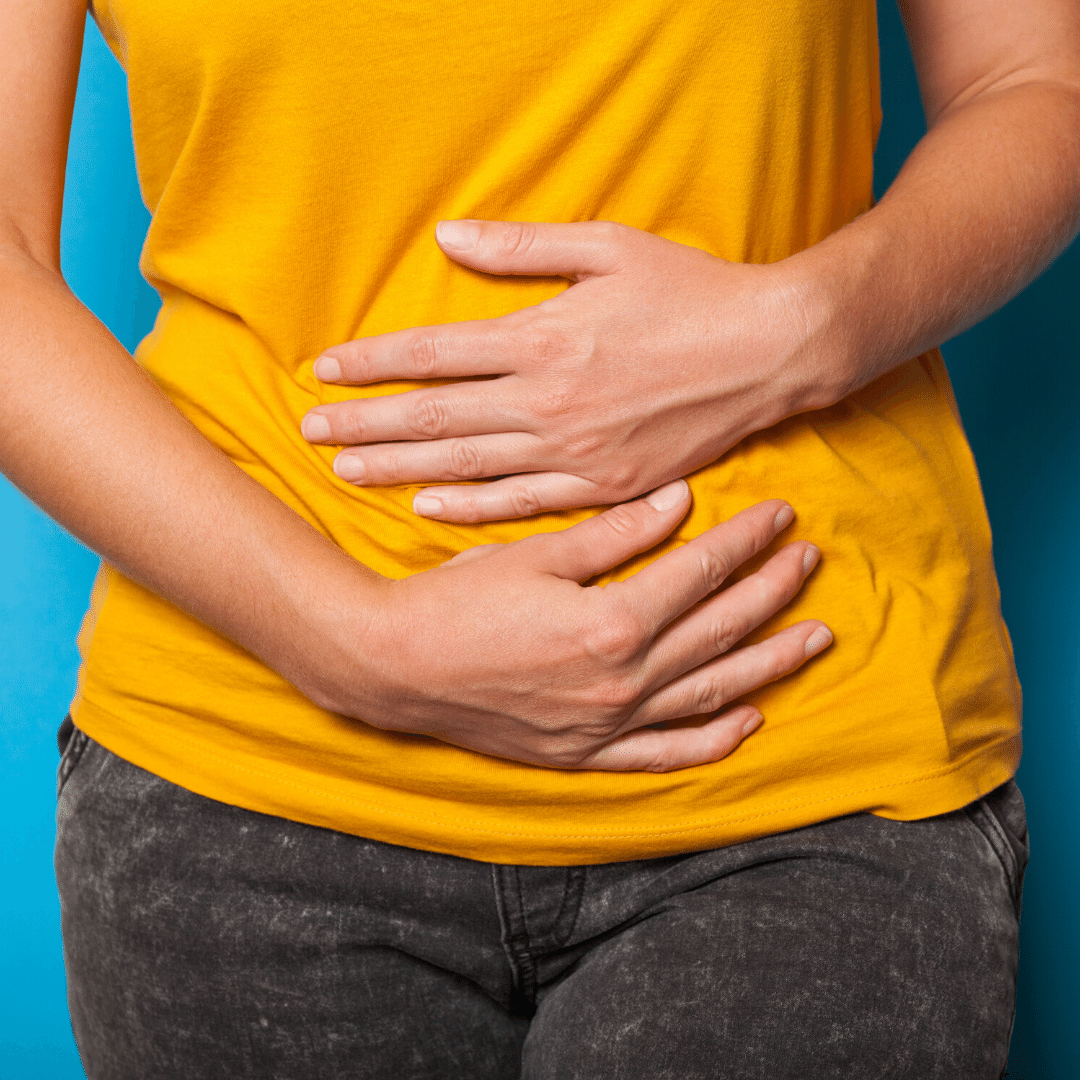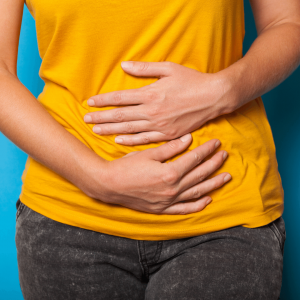Living With Endometriosis
March is endometriosis awareness month so in this blog post we take a look at what endometriosis is, how it can be treated and what are the best ways of living with the condition.
What is Endometriosis?
Endometriosis is a long-term painful condition where cells similar to those found in the lining of the womb become embedded in other parts of the body such as the Fallopian tubes, the ovaries and ligaments inside the stomach. Those cells grow during a woman’s normal menstrual cycle but unlike the cells in the lining of the womb, which are shed monthly during a woman’s period, these cells have nowhere to go. It is not known exactly how these cells get there. The condition can affect any woman who is having periods from teenagers through to women experiencing menopause.
Endometriosis symptoms are related with the woman’s menstrual cycle. Periods can be very painful as can sexual intercourse. Commonly the condition causes pain in the tummy, similar to period pains, pain when trying to urinate or pain in the bottom when opening your bowels. The condition can also cause heavy periods and can have an impact on patient’s emotions, mood and well-being.
How Is Endometriosis Diagnosed?
It is not always easy to diagnosis endometriosis so if you are experiencing symptoms it is best to make an appointment with a specialist. Doctors may suggest you keep a pain diary to keep track of your symptoms, describing them in as much detail as possible to help in making an accurate diagnosis. One of the challenges in diagnosing endometriosis is that many of the symptoms, such as tummy pain, sickness or diarrhoea, could be caused by other conditions. Laparoscopy is the most effective and reliable way of determining if you are suffering with endometriosis. A laparoscopy is a procedure where a small incision is made into the tummy and a thin tube is passed through the skin wall enabling the surgeon to have a look inside your body to see if they can find endometriosis tissue. A full medical history, symptoms diary and an ultrasound can also be used to help with the diagnosis.
What Causes Endometriosis?
It is not known exactly what causes endometriosis and it may vary from patient to patient.
There are a number of theories including:
– It could be linked with an immune system problem, if the immune system is not functioning properly the body’s natural defences may not be able to combat the growth of these cells.
– It is possible these cells have been transported from the womb via the bloodstream or lymphatic system.
– Genetics – endometriosis does seem to be more commonly found in certain families and ethnic groups
– Menstruation problems where rather than leaving the body as a period some of the lining of the womb becomes embedded in other parts of the body such as the fallopian tubes and the pelvis.
Treatment for Endometriosis
There is no cure for endometriosis though there are a number of treatments than can reduce the impact of symptoms and make life easier to manage for sufferers.
– Pain relief, using regular painkillers such as paracetamol or ibuprofen, is one of the main ways of treating endometriosis.
– Moderate exercise can also help with the condition, such as yoga, going to the gym, cycling or jogging.
– Good diet with lots of water and fibre as well as making sure you have your five fruit and vegetables a day is also a positive step in managing the condition.
– For many women taking the contraceptive pill can help with pain symptoms .
As with all medical conditions it is best to visit your doctor who will be able to give you an accurate diagnosis and recommend an effective treatment plan for your specific needs.
Endometriosis and Pregnancy
Most women with endometriosis will be able to get pregnant and not experience significant problems. However, some women with severe endometriosis can have adhesions where parts of the reproductive organs stick together and this can cause problems with conception.
Living With Endometriosis
Endometriosis can be a difficult condition to live with both physically and emotionally. Many patients report it can be exhausting due to the ongoing nature of the pain. If you are feeling this way it is important you reach out and get the best possible medical treatment for your condition to help with your condition as well as emotional support, either from a support group or a medical professional.
There is support available from your GP, your gynaecologist and support groups such as Endometriosis UK.
If you are concerned you may have endometriosis you can make an appointment with one of our specialist doctors in London who can help answer your questions, make a diagnosis and work with you to create a treatment plan best suited to you to help you manage your condition so you can get on and enjoy your life.
Call us to book an appointment with a specialist on 0207 079 2102 or email us on appointments@phoenixhospitalgroup.com




